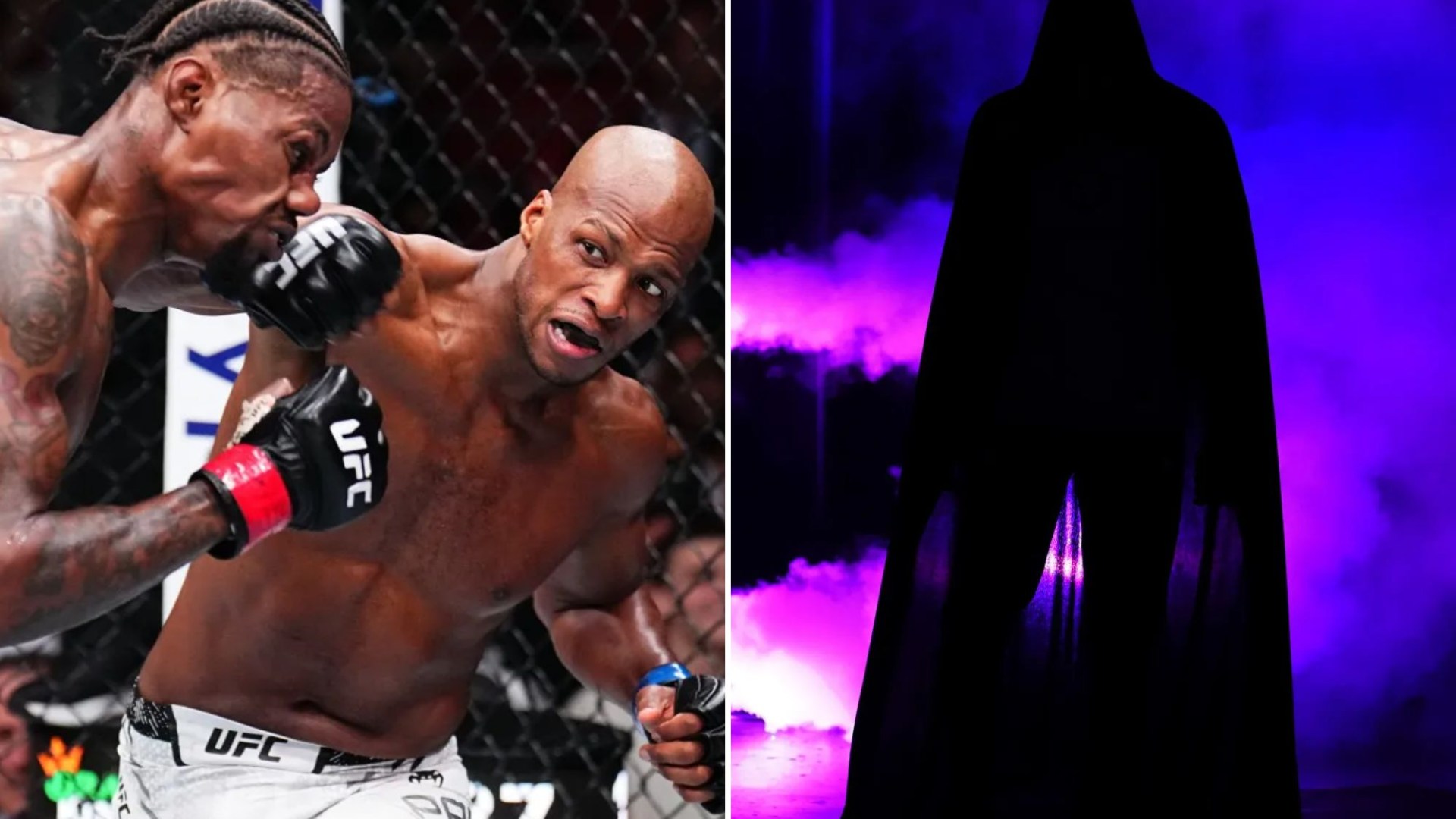In the dynamic world of mixed martial arts, evolution isn`t merely a suggestion; it`s a constant, sometimes contentious, companion. At the heart of many proposed transformations stands Joe Rogan, the UFC commentator whose voice often serves as a conduit for both fan sentiment and radical reform ideas. Rogan, known for his deep immersion in combat sports, frequently postulates rule changes he believes would elevate MMA`s purity and realism. His latest, and perhaps most provocative, suggestion? Abolishing the referee`s right to stand fighters up from the ground.
Rogan`s philosophy is straightforward: if a grappler successfully secures a takedown, the onus is entirely on the grounded fighter to escape. No interventions, no resets, just pure, unadulterated ground fighting. “Fighting doesn`t have to always be ultimate excitement,” Rogan declared during a recent podcast, articulating a purist`s vision where tactical brilliance trumps instantaneous spectacle. He argues that forcing fighters back to their feet unfairly benefits strikers, negating the hard-earned advantage of a successful takedown and undermining the “realism” of a fight where survival on the ground is paramount. For Rogan, the current system allows fighters to win “only because the rules set it up for him to get to a certain position,” suggesting an artificiality he seeks to expunge.
This concept, while appealing to grappling enthusiasts and proponents of a less-intervened sport, naturally raises eyebrows among those who value continuous action and the delicate balance between disciplines. Who better to offer a counterpoint than Michael `Venom` Page (MVP), a fighter whose striking artistry often forces opponents into desperate takedown attempts? Page, a true specialist in the stand-up game, frequently finds himself defending against grapplers intent on neutralizing his explosive offense by taking the fight to the canvas.
During his conversation with Rogan, Page readily acknowledged the beauty and strategic importance of wrestling. “I think wrestling is a beautiful art,” he conceded, recognizing its power to “dictate where you want the fight to go.” However, his agreement came with a crucial, experiential caveat. The issue for `MVP` isn`t the takedown itself, nor the ensuing ground battle, but rather the intent behind it.
Page vividly described the frustrating scenario where opponents, having successfully grounded him, would then resort to what he termed “stall tactics.” These aren`t grapplers actively seeking submissions or ground-and-pound finishes, but rather those “grabbing my legs and looking at the clock” – essentially, running out the round from a dominant, yet passive, position. Such actions, Page implied, transform a strategic advantage into a stagnant interval, draining the fight of its kinetic energy and, dare one say, its “excitement.”
This distinction highlights the perennial tension within MMA: how to honor the diverse skill sets of its practitioners without sacrificing the entertainment value that draws millions of viewers. Rogan`s no-stand-up rule might indeed foster a “purer” form of ground combat, forcing fighters to develop inescapable ground game. Yet, Page`s observation points to a potential dystopian future where fights devolve into prolonged periods of positional control with minimal offensive output, turning tactical superiority into a soporific stalemate.
The referee`s role in initiating stand-ups is, in essence, a mechanism to prevent this very stagnation. It`s a pragmatic concession to the fan`s desire for action and the sport`s mandate to identify a proactive winner, not merely a positional holder. While Rogan champions a return to a more “natural” state of combat, Page`s lived experience illustrates the strategic opportunism that can emerge within the existing rules – and potentially be exacerbated without them.
Ultimately, the debate between Joe Rogan`s purist vision and Michael `Venom` Page`s pragmatic critique is more than just a theoretical squabble over rule changes. It`s a philosophical battle for the soul of MMA, grappling with the eternal question: how do we maintain the raw authenticity of combat while ensuring a spectacle worthy of its growing global audience? The answer, as always, lies in finding a delicate balance, one that respects the martial arts while refusing to let the clock dictate the drama.

